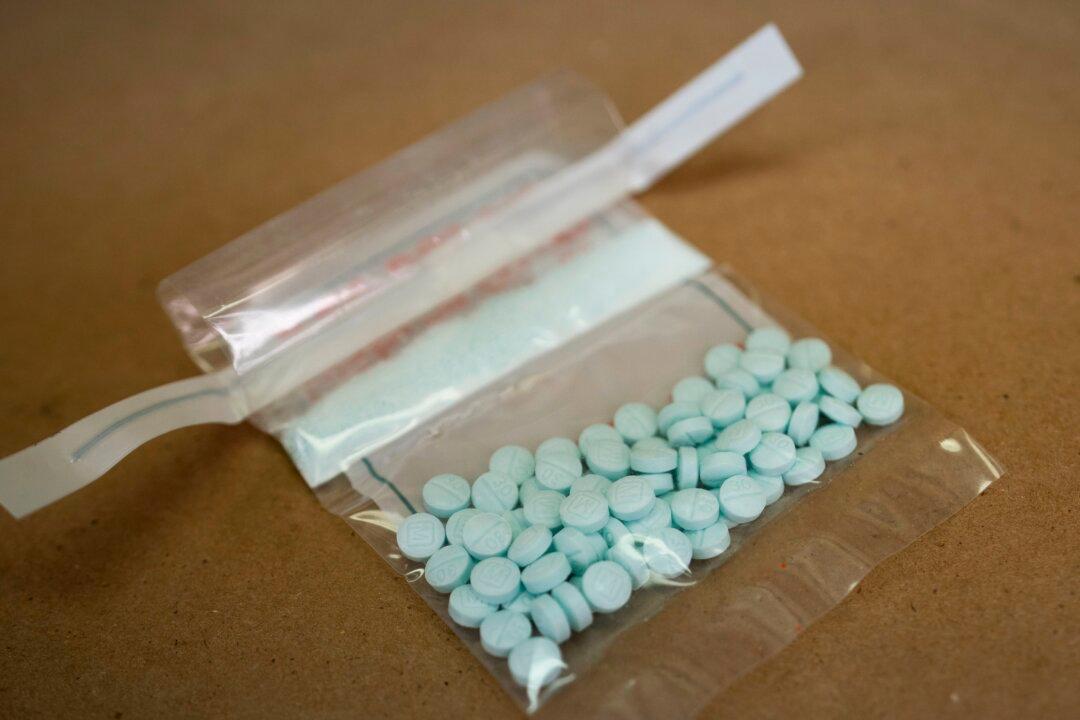The massive export of fentanyl from China has already caused hundreds of thousands of deaths and billions of dollars in economic losses in the United States. Experts say that the Chinese Communist Party (CCP) deliberately allows the drugs to flow into the United States. The recent prosecution of related Chinese companies can be seen as the United States firing the first shot in the counterattack.
On June 23, the U.S. Department of Justice announced two arrests in the Southern and Eastern Districts of New York and released three indictments charging four Chinese companies and eight Chinese nationals with crimes related to the production and sale of fentanyl precursors. This is the first time that Chinese companies and Chinese nationals have been prosecuted in the United States for the sale of fentanyl precursors. During the operation, the Drug Enforcement Administration (DEA) seized more than 200 kilograms (440 lbs.) of fentanyl precursors, an amount large enough to kill 25 million Americans.





